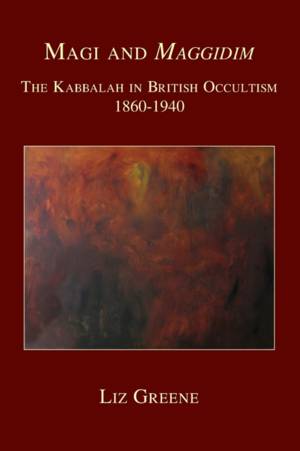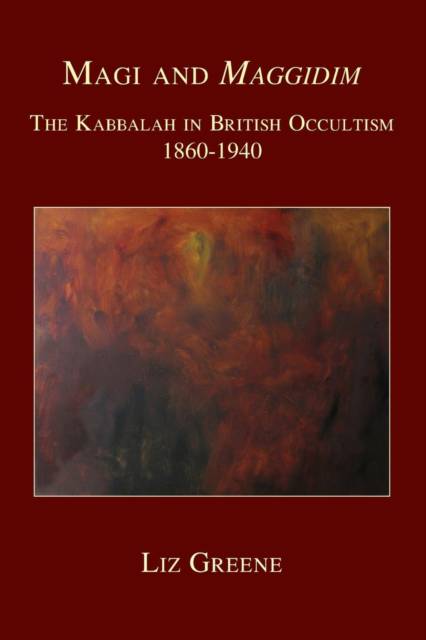
- Retrait gratuit dans votre magasin Club
- 7.000.000 titres dans notre catalogue
- Payer en toute sécurité
- Toujours un magasin près de chez vous
- Retrait gratuit dans votre magasin Club
- 7.000.0000 titres dans notre catalogue
- Payer en toute sécurité
- Toujours un magasin près de chez vous
74,95 €
+ 149 points
Description
The growth of the occult 'underground' is one of the most fascinating features of late 19th and early 20th century British society. After decades of neglect, a growing body of scholarship is now dedicated to various aspects of Victorian and Edwardian magical practices and personalities, in an effort to understand why such a powerful cultural current could emerge simultaneously with the rise of modern science, and why it continues to exercise such a pervasive influence in many contemporary spiritualities. The books, articles, letters, and diaries produced by major figures in the occult revival, such as Aleister Crowley and Dion Fortune, reveal the centrality of the Jewish Kabbalah in occultist thought and practice. However, the ways in which these individuals, and the secret societies they founded, sourced and utilised Jewish esoteric lore are largely ignored in current research. Current scholarship generally assumes that 'occultist' Kabbalah is a modernreinvention of older traditions, with little relationship to its Jewish roots. This assumption ignores the documented contributions of Jewish scholars and Kabbalists to the occultists' work, and there is little, if any, in-depth comparison of the ideas expressed by British occultists and the Jewish Kabbalistic literature of the medieval and early modern periods. And why was the Jewish Kabbalah was so compellingly attractive to non-Jewish occultists at a time of turbulent social and scientific change, when religious, political, and racial antisemitism constituted a normative attitude in many circles of British society? This book provides a new, exciting, and penetrating analysis of how and why the Jewish Kabbalah was adopted and integrated, rather than reinvented or recreated, by important figures in the British occult revival, and why it remains a dominant theme in the spiritual currents of the twenty-first century
Spécifications
Parties prenantes
- Auteur(s) :
- Editeur:
Contenu
- Nombre de pages :
- 576
- Langue:
- Anglais
Caractéristiques
- EAN:
- 9781907767029
- Date de parution :
- 15-08-12
- Format:
- Livre broché
- Format numérique:
- Trade paperback (VS)
- Dimensions :
- 156 mm x 234 mm
- Poids :
- 793 g

Les avis
Nous publions uniquement les avis qui respectent les conditions requises. Consultez nos conditions pour les avis.






